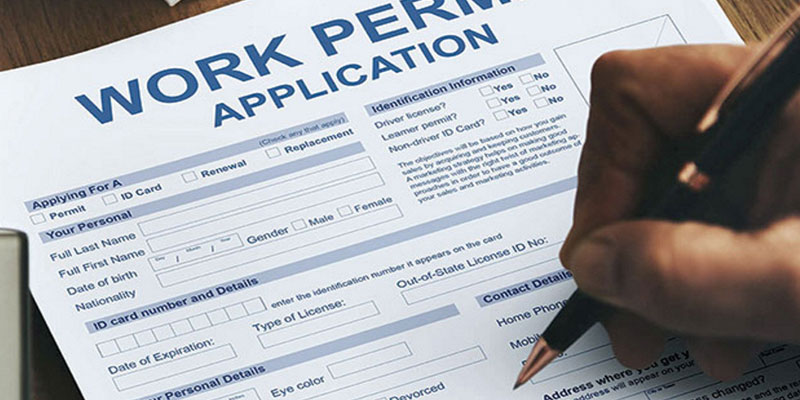
Work Permit Requirements
In Malaysia, the requirement for a work permit for foreign nationals is driven by both economic and regulatory factors. Protecting employment opportunities for Malaysian citizens remains a priority, with the government ensuring that its citizens are given first preference in job sectors where local expertise is available. This policy helps maintain lower unemployment rates and supports the national workforce.
Another crucial reason for the work permit system is to bolster Malaysia’s economic development goals. By using the work permit system, Malaysia attracts highly skilled foreign professionals, particularly in sectors like technology, manufacturing, and services, which are vital for driving innovation and fostering sustainable economic growth.
In 2024, Malaysia introduced new quotas and stricter regulations on foreign hiring to ensure industries with critical skill shortages are prioritized.
Types of Malaysia Work Permits
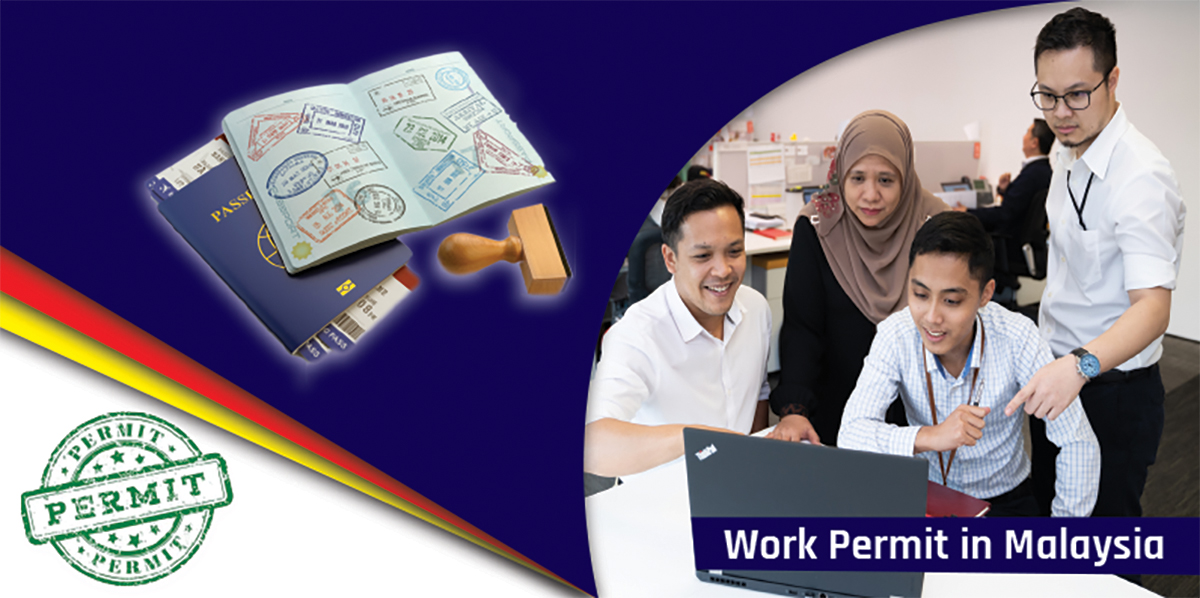
Foreign nationals cannot legally work in Malaysia without a work permit, typically categorized under Employment Passes or Temporary Employment Passes. These differ depending on the nature of employment and the duration of the contract.
- Employment Pass: Divided into three categories based on monthly salary and contract duration.
- Category I: Expatriates earning RM10,000+ monthly with a contract up to five years.
- Category II: Expatriates earning between RM5,000 and RM9,999 with a two-year contract.
- Category III: Expatriates earning RM3,000 to RM4,999 with a one-year contract.
- Temporary Employment Pass: For semi-skilled workers in sectors like construction, manufacturing, and agriculture.
- Professional Visit Pass: For professionals working temporarily in Malaysia, usually up to 12 months.
Requirements for Malaysian Employers
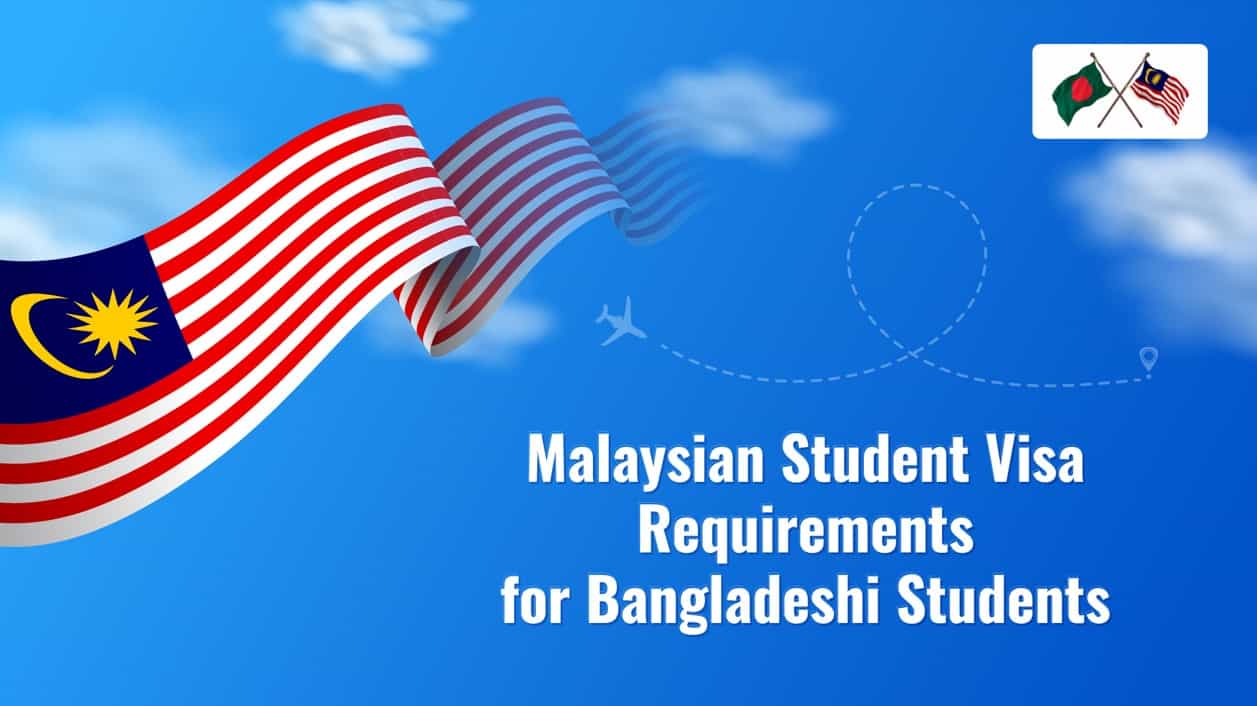
Malaysian employers must meet several requirements to sponsor a foreign employee:
- Apply for Expatriate Post or Quota Approval from the appropriate authority.
- Provide proof that no local candidates were qualified for the position.
- Meet the new 2024 criteria requiring additional documentation for Expatriate Post approvals.
Requirements for Foreign Employees
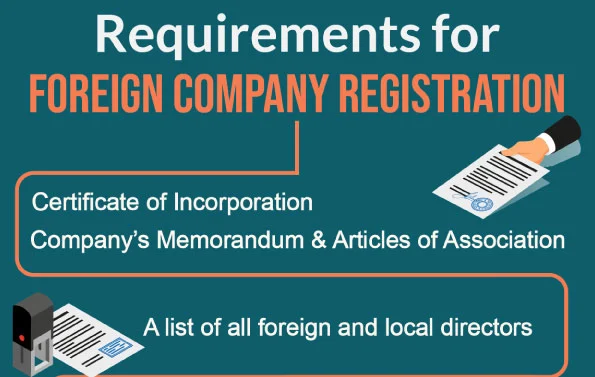
Foreign employees must submit the following documents to obtain a work permit:
- Valid passport
- Proof of educational qualifications and relevant work experience
- Three passport-sized photos
- Official employment contract
- Proof of comprehensive medical insurance (new in 2024)
Work Permit Application Process
The process involves the following steps:
- Employers apply for quota approval and Expatriate Post approval.
- Once approved, the Employment Pass application is submitted to the Immigration Department.
- The employee then submits their visa application, depending on their role and industry.
- Submit required documents, pay visa fees, and await approval.
Application Timeframe
The complete process of obtaining a Malaysian work permit, from Expatriate Post approval to final visa issuance, usually takes 7-12 weeks. However, it can vary based on industry and the complexity of the application.
Multiplier's Role
Multiplier simplifies the complex work permit process in Malaysia by offering SaaS-based solutions to help companies navigate the application process while meeting all regulatory requirements.
H1B Visa Services
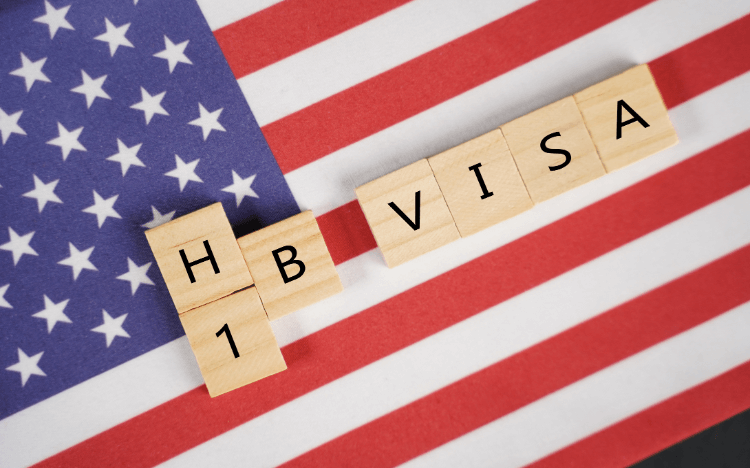
Your Pathway to U.S. Employment
- Navigating the complexities of the H1B visa process can be daunting. Our specialized H1B visa services are designed to guide you through each step, ensuring a smooth and efficient application process. Whether you are an employer seeking to hire international talent or an individual looking to secure your visa, we are here to help.
What is the H1B Visa?
- The H1B visa is a non-immigrant visa that allows U.S. companies to employ foreign workers in specialty occupations. These roles typically require theoretical or technical expertise in specialized fields such as IT, engineering, mathematics, and more. The H1B visa is a crucial pathway for skilled professionals to work in the United States.







